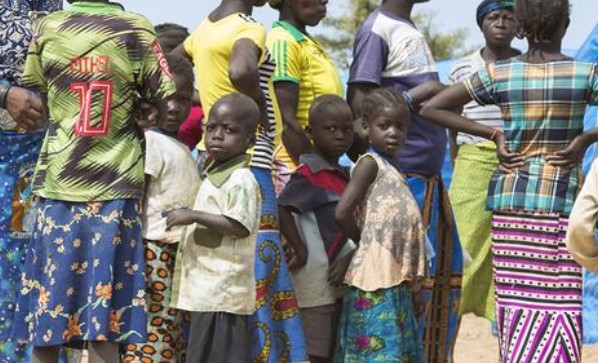The Sahel in Crisis: An Urgent Call for Humanitarian Action

Millions of lives are at risk if the humanitarian response remains underfunded.
Nearly 29 million people in six Sahel countries-Burkina Faso, Cameroon, Chad, Mali, Niger, and Nigeria-are in urgent need of humanitarian assistance and protection. According to the UN Office for the Coordination of Humanitarian Affairs (OCHA), the region is grappling with multiple and interconnected crises-armed conflict, growing insecurity, mass displacement, and the devastating effects of climate change-that are putting millions of lives at risk. The UN estimates that $4.3 billion is needed to address the most urgent needs of 18.4 million people in 2025, yet only 8% of the required funds have been secured to date.
The consequences are alarming: over 16,800 people were killed in security-related violence in 2024, and more than 8 million have been displaced, including 2.1 million refugees and asylum seekers. The crisis is also spilling over into neighboring countries such as Benin, Côte d’Ivoire, Ghana, Togo, and Mauritania. Meanwhile, the collapse of essential public services is striking—with nearly 10,000 schools and more than 900 health centers closed—seriously limiting access to education and healthcare.
Between June and August 2025, an estimated 12.8 million people will face acute food insecurity, and 2.6 million children will suffer from severe acute malnutrition. Despite ongoing efforts, humanitarian organizations were only able to assist 12.4 million people in 2024 due to insufficient funding. This inadequate response risks deepening an already dire situation, as humanitarian needs continue to rise.
As a human rights organization, we urgently call on donors and the international community to take action. It is imperative to fully fund the humanitarian response to prevent an irreversible catastrophe. We also urge governments to strengthen their commitment to civilian protection, ensure unhindered humanitarian access, and invest in long-term solutions for peace, community resilience, and climate adaptation. Acting now means saving lives—and preventing this crisis from becoming entrenched.

